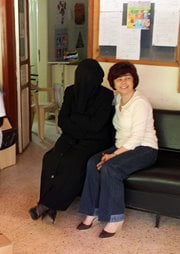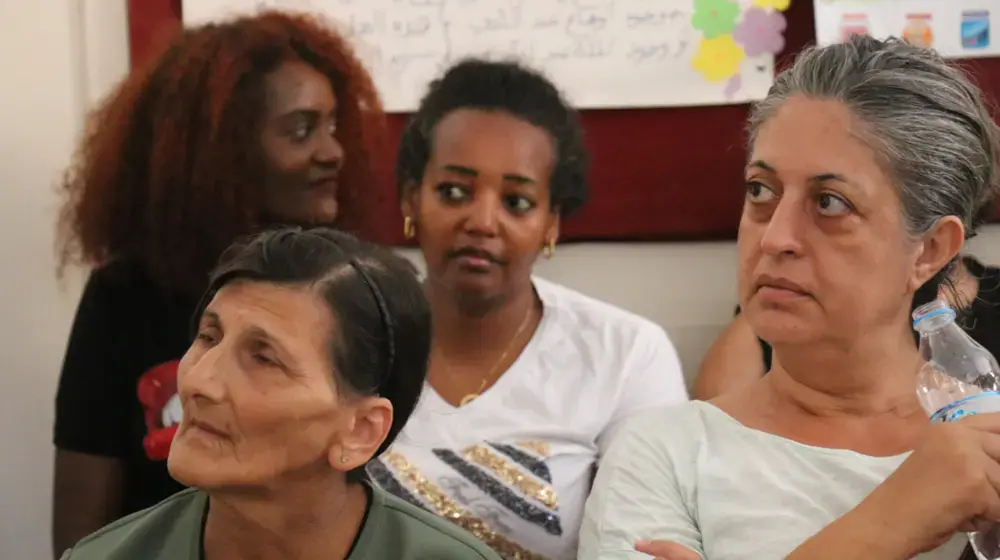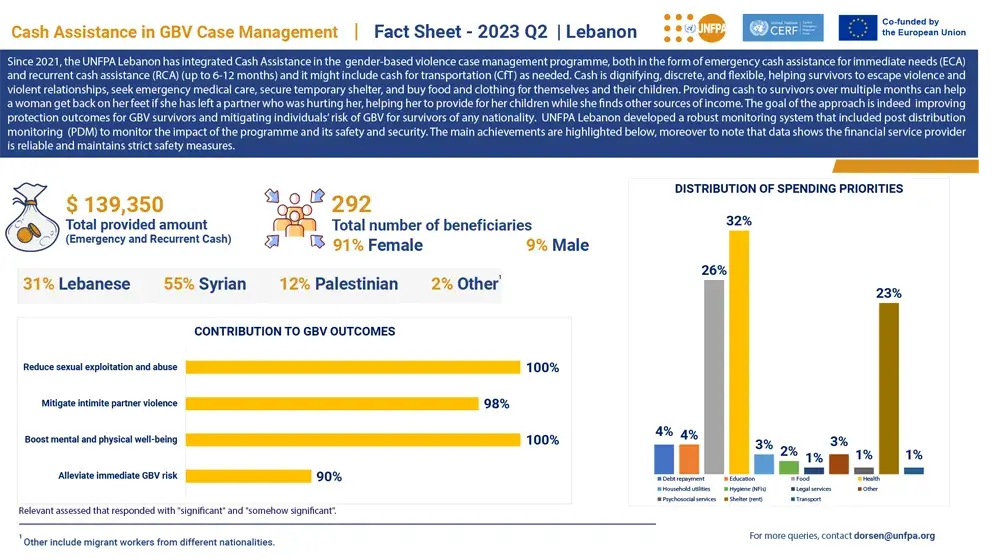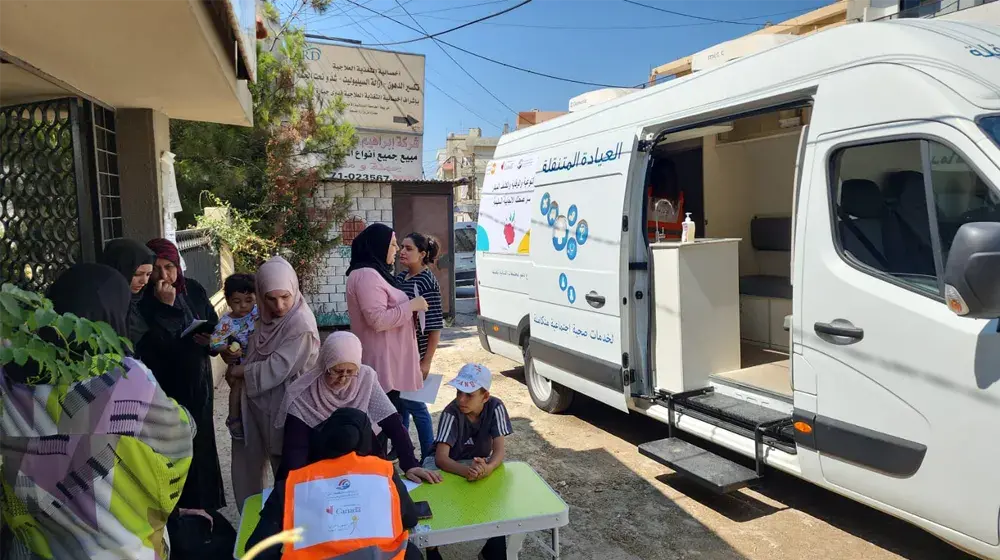
Digging a bit deeper soon reveals that there is a little bit more than bravery and self-persuasion into such statements. “I like to take medical care and follow instructions carefully when I am told to” she says, but the accessibility to doctors in times of peace and war alike seems to be another obstacle. “I don’t go because there is no doctor. We only have one doctor in Hosn and she is not very good. The alternative is a doctor in Homs city, but she operates in a clinic that is several hours drive away and which is always crowded”. Recent security situation made things worse: “With the war, the only gynecologist in Hosn packed her things and fled away. Her husband is the village’s pharmacist, he also closed down.”
Sourayya#1 is 22 years old. She has 5 children, aged 6, 4, 2, 1 years as well as a newborn aged 1 month. Her last 4 pregnancies “were only separated by the belly”, “I got pregnant while still breastfeeding”. When asked about what would be the ideal birth spacing in her opinion, she said that it would be after the child “has turned clean” (1-2 years old) so that the child can get the needed amount of maternal attention. We had to reformulate the question and ask her about what she would need, for herself, her own health. Here, she laughed and answered “when the child goes to school” (5 years old).
Sourayya says she is tired. She flew from conflict striken Hosn (near Homs in Syria) with her 5 children and sisters-in-law, leaving “their men” behind. After changing a number of houses and villages in Lebanon, she has now arrived to the northern village of Machha, and lives with sisters-in-law and their children in an apartment that was given to them. “We are 5 families living in this apartment”. According to the nurse, the village of Machha is now fully occupied with Syrian refugees in addition to the original Lebanese residents. “The apartment is packed with women and children, this is why you see me walking around the village with the kids: they need some air” Sourayya says amusingly.
Sourayya was married at the age of 15. “Girls in Hosn are married at 14-15”, she says. Is it too early? “Yes Wallah, it is early. I still feel I am a little girl myself”. “If I would marry my daughter at that age? Definitely not! Not before she is 20 years old and ready”.
When asked about methods she uses for family planning, she says she currently uses IUD although she doesn’t like it much because “it causes bleeding”. Oral contraceptives did not suit her either, they made her nervous. As for contraceptive injections, she categorically refuses to consider such option “because it causes sterility”. This misconception is well anchored where she comes from: “All women I know say so, even the doctor in Hosn told us so”. And when it comes to male contraception, Sourayya simply notes that “men do not use preservatives. It doesn’t work that way”.
Sourraya’s case is not isolated, as says Zeina, one of the two nurses running the only medical center in Machha, a small village in North Lebanon along the Syrian-Lebanese border. Non-attended deliveries happen often among Syrian refugees. “A girl aged 20 came to us with her newborn daughter. She had given birth to her alone in the kitchen and she tied her navel with a string for sewing chicken. The baby was crying, she had a massive infection, the odor was unbearable”.
In her year long experience with Syrian refugees in Lebanon, Zeina noted that sexual and reproductive health (SRH) is taboo. No unmarried young person would come to seek advice or services related to SRH. Even when they are married, the issues remain sealed with secrecy. “A girl aged 17 and engaged to her cousin came to us, she had not had her period since last Ramadan (11 months earlier) and she did not think of seeking any medical attention for it. It is only when she consulted a generalist for a pain in her ear that she made allusion to it, in half words: it turned out she had a ovarian cysts.”
Unfortunately, service providers themselves have their own taboos. When asked about any suspected cases of sexual abuse or other kinds of violence, both nurses rushed to affirm that there were none. It was clear that the subject made them uncomfortable. Oddly, and out of context, one of the nurses started talking about the psychological pain of children due to the war, and the subject was closed.
***
Security events that started in Syria in April 2011 led to the displacement of Syrians across the Lebanese-Syrian borders. Cumulatively, since April 2011, more than 27,000 displaced Syrians are being assisted throughout the country, mostly in the North and in the Bekaa areas. These numbers are expected to reach over 40,000 persons, by the end of the year. Over 75% of refugees are woman and children.
In order to respond to the needs of the refugees in general and women and girls in particular, UNFPA Lebanon activated its emergency response mechanism, in accordance with the preparedness and contingency plan: Coordination, extension of partnerships, needs assessments, distribution of RH and dignity kits, MISP trainings, awareness trainings, etc.
The health center in Machha in North Lebanon received 3 RH kits to cater for the sexual and reproductive health needs of Syrian refugees.
[#1] *Sourayya is not her real name. She preferred to keep it undisclosed, because as she puts it, she’s “on the run”




